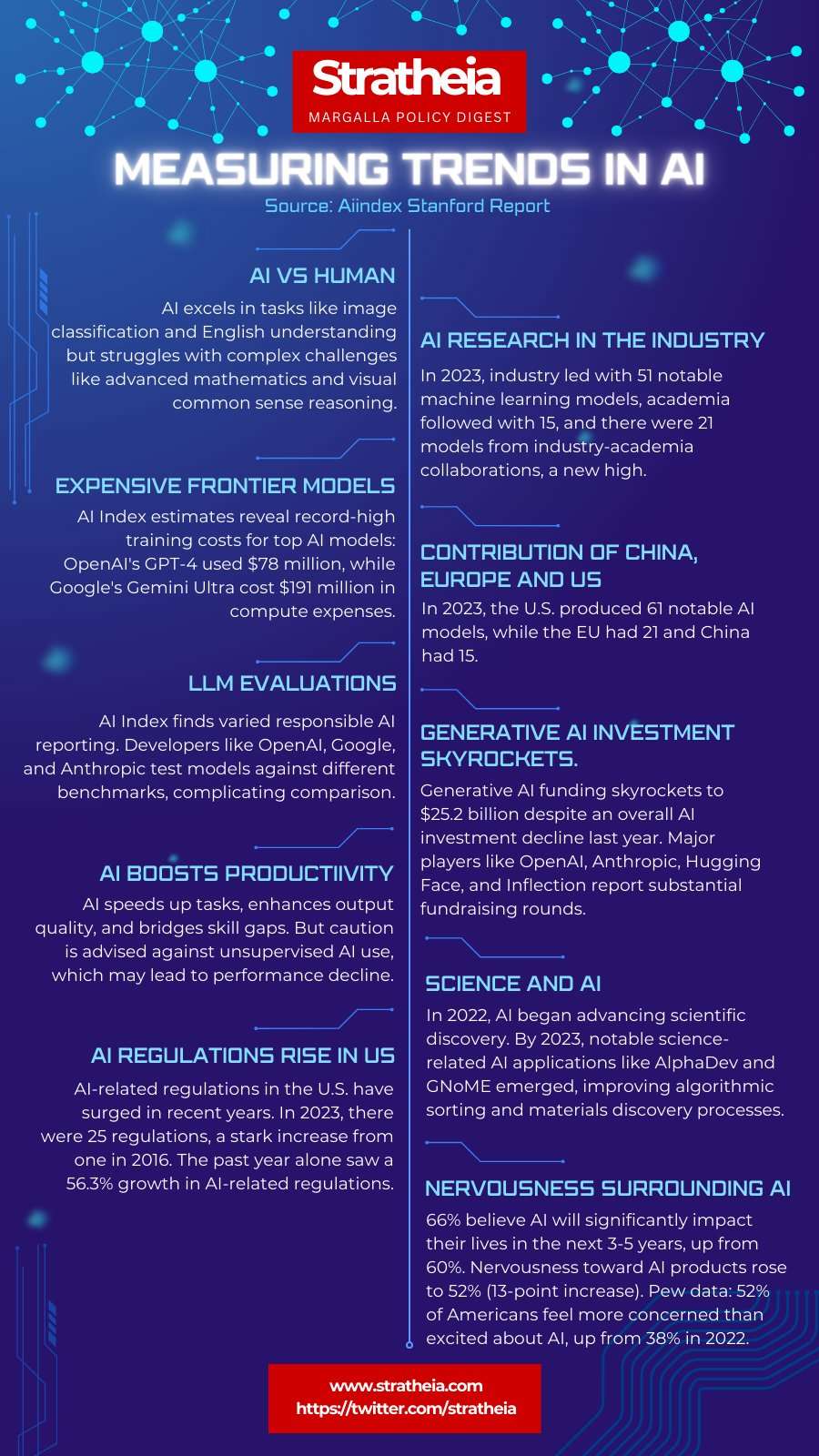Transcript: The Futurist Summit: The Age of AI: China's ChatGPT Moment with Kai-Fu Lee
MS. KIM: Good afternoon. I’m Yun-Hee Kim, technology editor for corporate and personal tech, and I’m thrilled to be joined today by Kai-Fu Lee. Kai-Fu is considered one of the early pioneers of artificial intelligence. He’s the founder and chair of the venture capital firm, Sinovation Ventures, and also the CEO of 01.AI. Kai-Fu, welcome.
DR. LEE: Thanks. Thanks for having me.
Apple’s Entry into AI
MS. KIM: So, we've had big news this week from Apple. Apple jumped into the AI frenzy, saying that it's going to be adding AI to Siri and also announced a partnership with OpenAI. America's ChatGPT moment happened about 18 months ago. You intend to bring China's ChatGPT moment. What's the timeline for that and what will it mean for the global AI race?
DR. LEE: I think generative AI is the most important technology ever to face humanity, and GPT-4 and ChatGPT were amazing technologies. That has now educated the market and the gen AI wave is going great in the U.S. However, OpenAI decided not to make ChatGPT available to some countries, including China, and I feel gen AI is a great technology that should be beneficial and accessible to all. So, I started 01.AI 14 months ago and we embarked on building a model as good as GPT-4, which we recently accomplished. And now, the next step is to build a ChatGPT-like product in China and educate the market. We launched a product about a month ago; it’s getting a great reception, and I hope the ChatGPT moment will come soon.

Differences Between China AI Model and U.S. AI Model
MS. KIM: Can you talk a little about the differences between the China AI model and the U.S. AI model? What makes you believe that the China AI model will succeed?
DR. LEE: In my book, “AI Superpowers,” I talked about U.S. leading the world in breakthrough innovations, which is exactly what happened with gen AI. And I also talked about Chinese entrepreneurs and engineers working incredibly hard and are excellent and working as a team and using massive data in China to play catch-up, which did happen with earlier AI technologies, like deep learning. And with gen AI, I think China has been in the catch-up mode. And 01.AI is the first company in China that is catching up with GPT-4 performance.
The Future of Internet Search
MS. KIM: I want to shift gears to talk about the future of the internet, because artificial intelligence is starting to be incorporated into search with Google's SGE. Clearly, Google is not available in China. So, how are the Chinese players navigating integrating AI into search?

DR. LEE: There are several products already in both U.S. and China that really challenge the Google hegemony. In the U.S., there's the Perplexity product. In China, there are two products already gaining a lot of usage, not developed by my company but other companies.
Challenges and Opportunities of AI
MS. KIM: Kai-Fu, you seem to be very optimistic about the outlook but I'm just wondering if there's anything that really worries you about AI.
DR. LEE: Certainly. I think there are many existing externalities. Hallucination, the field is doing a good job reducing it, but there will still be hallucination. And as a raw technology, it can be put to good use and bad use. There will be people who will use it for false advertising, for misleading people, especially at times of elections. It can be used by, for example, bad people, terrorists to learn how to build biological weapons and nuclear weapons, et cetera, by--as the model gets smarter and smarter, it will teach people who want to learn things--to do bad things. And that kind of harm is something that a lot of AI researchers are actively working to address.





















